So I made it through 76 books in 2023 (See all of my books here) . Not as much as my sister Amy, and no where near my niece Joss, but a decent chunk of books nonetheless. I’ll include my three big tips for upping one’s reading below the review.
Over the year I’ve read a diverse range of books, so I thought I might share a couple of faves.
- My fave book of the year.
- Best Theology
- Best Fiction
- Best Non-Fiction
- Best Biography
Just to keep things interesting, I won’t repeat any of them either.
So here we go:
My Favourite book of the year: “Biblical Critical Theory” by Christopher Watkin
It took me most of the year to read this book, and I think it will take another for me to read through all of the highlights & digest it a little further. Christopher Watkin, encouraged by a modern age embracing frameworks like Gender Theory and Race Theory, decided to write a book that explores how we understand both our life and our culture more clearly when we see it through the lens of the Bible. What follows is a “game changer” of a book. I considered sharing a highlight or two, but I don’t even know where to begin.
A “must read” for Christians!
Best Theology: “Finding the Right Hills to Die On: the case for theological triage” by Gavin Ortlund
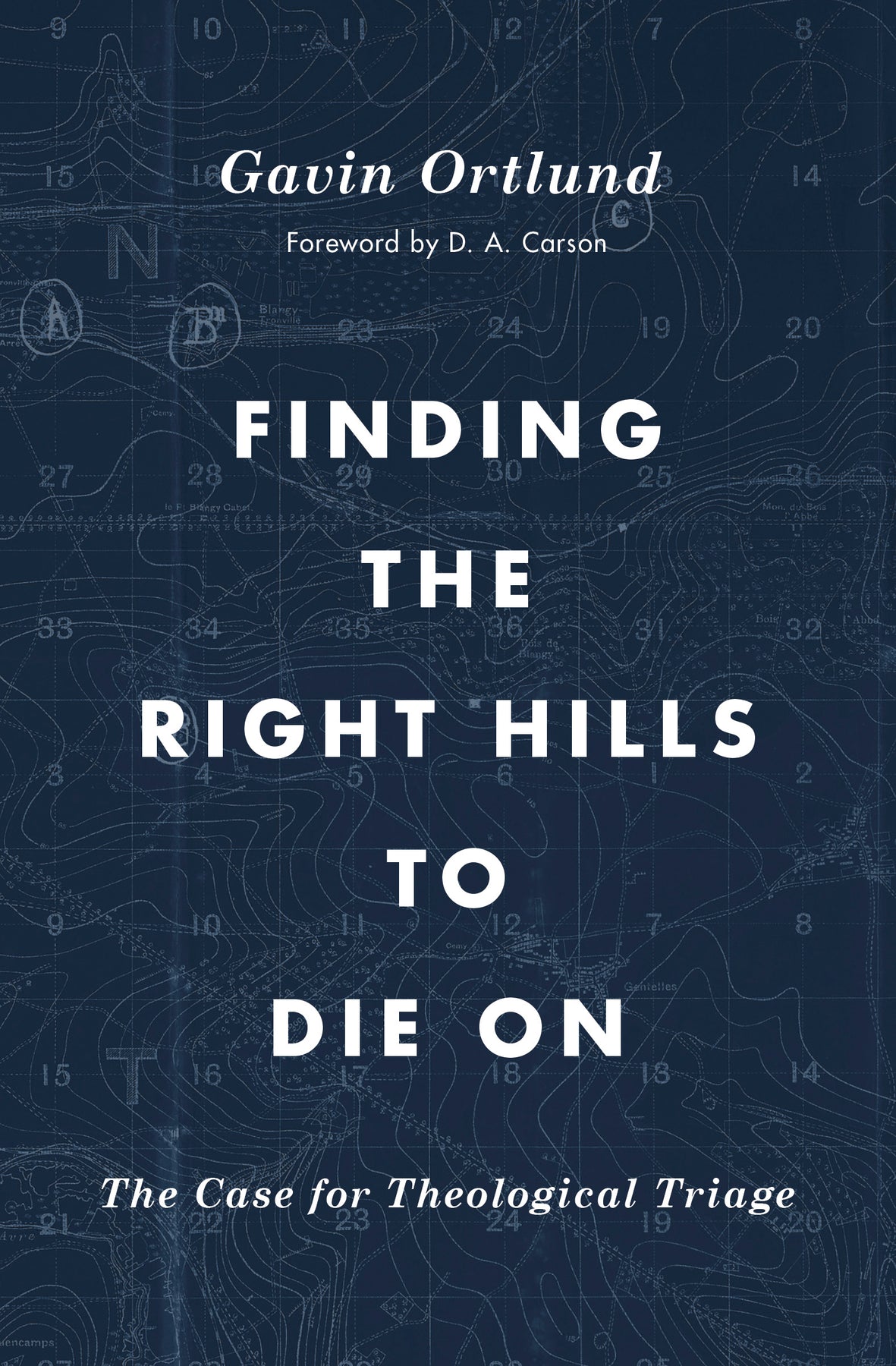
Two years ago I moved to Orange & started working at an FIEC church. One of the areas of adjustment for me has been that things that are a little more cut and dried in the Anglican church are up for debate when you have a mixture of people from Anglican, Baptist, Presbyterian and other backgrounds. Working through things like one’s theology of Baptism becomes more important.
Gavin Ortlund’s book has been a great tool to help think through how we can get caught up in the extremes of doctrinal sectarianism, or doctrinal minimalism, when we either make secondary or tertiary issues into bigger things than they are, or we get caught up in the temptation to sweep all of our differences under the carpet, and in doing so, we undermine the gospel itself.
Gavin encourages his readers to work out what is worth fighting for, how we might navigate things on the margins and how to let go of little differences, all while calling us to a theological humility!
A great book.
Best Fiction: “Convenience Store Woman” by Sayaka Murata
I guess the “Before the Coffee Gets Cold” series gets an honourable mention, as well as the 1951 classic “The Inugami Curse“ . I’ve enjoyed a range of different Japanese novels in 2023, but what stood out for me with this book is Murata’s ability to capture a unique element of Japanese culture in their love of convenience stores, as well as taking a deep dive on the life of the central character Keiko, someone who is clearly neurodiverse, but living in a culture with such rigid expectations that she doesn’t fit into her world.
Not a run of the mill kind of book, but I really enjoyed it from start to finish.
Best Non-Fiction: “You Made Me This Way: A Powerful Personal Investigation Into Trauma, Hope and Healing from the Author of the Memoir Fourteen” by Shannon Molloy
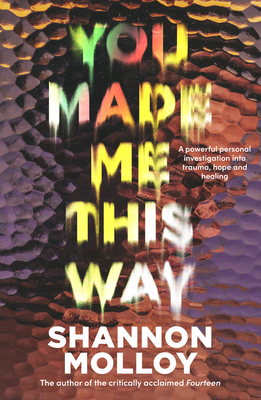
Shannon Molloy is a journalist and gay man who has gone through the trauma of having been sexually assaulted as a child, compounded by the challenge that it was perpetuated by someone of a similar age, causing him to question how complicit he was in the experience.
Shannon’s book is a compilation of interviews with other survivors of sexual abuse, who share what happened to them and the various different ways that it has shaped their lives consequently. What I particularly appreciate about this book is that Molloy explores several stories of abuse that happened in a church context, but is also keen to avoid a simplistic view that picks the straw man & blames the church alone for these horrific actions. Shannon bravely points to the much bigger picture that abuses that happen in the church are just the tip of the iceberg, and that our culture needs to be willing to call out many others, including schools, social groups, and most chillingly family networks.
It’s a real challenge to see that the accusing finger pointed outward is much easier than the reflective look at those institutions that are dear to us that have also been complicit in allowing historical abuses.
Best Biography: “Hugh Latimer: gospel ploughman” by Mark Earngey
Mark was kind enough to send me a copy of his book and it was a delightful read (at only 49 pages, I would have taken 10 times that!). Hugh Latimer is one of those men of clarity and conviction that are worth looking up to. He’s most famous for saying to his friend Nicholas Ridley as they awaited their own martyrdom, being burned at the stake, “Be of good comfort Master Ridley, and play the man: we shall this day light such a candle by God’s grace in England, as (I trust) shall never be put out”.
Mark does a wonderful job of capturing, not only this moment, made famous by Foxe’s book of Martyrs, but Latimers whole life and legacy.
Well worth the read.
So how did I make it through 76 books? I achieved that through a number of means. Here’s three of the biggies.:
- I include audiobooks. This is my #1 tip for upping your reading intake. I tend to read more fiction via audiobook, because it doesn’t require as much focus. That also means I can redeem all kinds of time. Whether it’s the 6 minutes from dropping the kids at school to work, the time while I am cooking, or anywhere else, I can fill it with a good book. I have also slowly worked up to 1.5X speed when I am listening to books, so you get through them a little faster.
- I try & read across genres. This is driven in part by just taking what is available through Borrowbox or Libby (the two Library apps I use), and also by including fiction/non-fiction and theology in there. It keeps things fresh & means that sometimes, when I don’t particularly feel like reading a book, I can mix it up with another one & that keeps me going.
- I also try & read across multiple platforms. I give plasma every couple of weeks & it is hard to read with only one useable arm, so this has been a great time for me to do some work reading on my kindle.

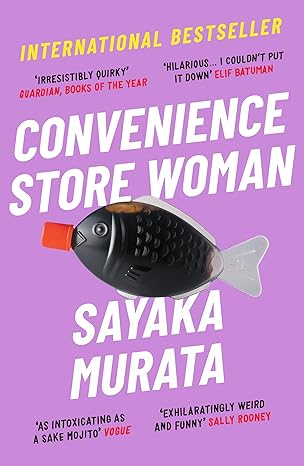
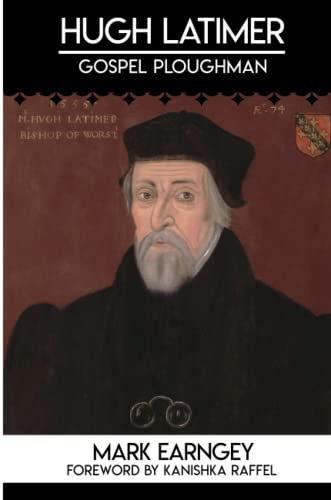





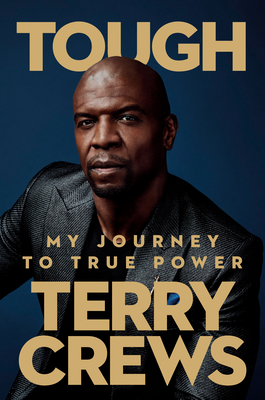

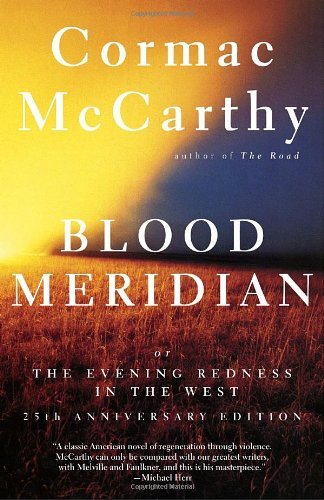
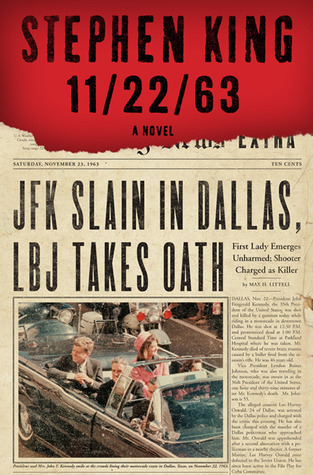












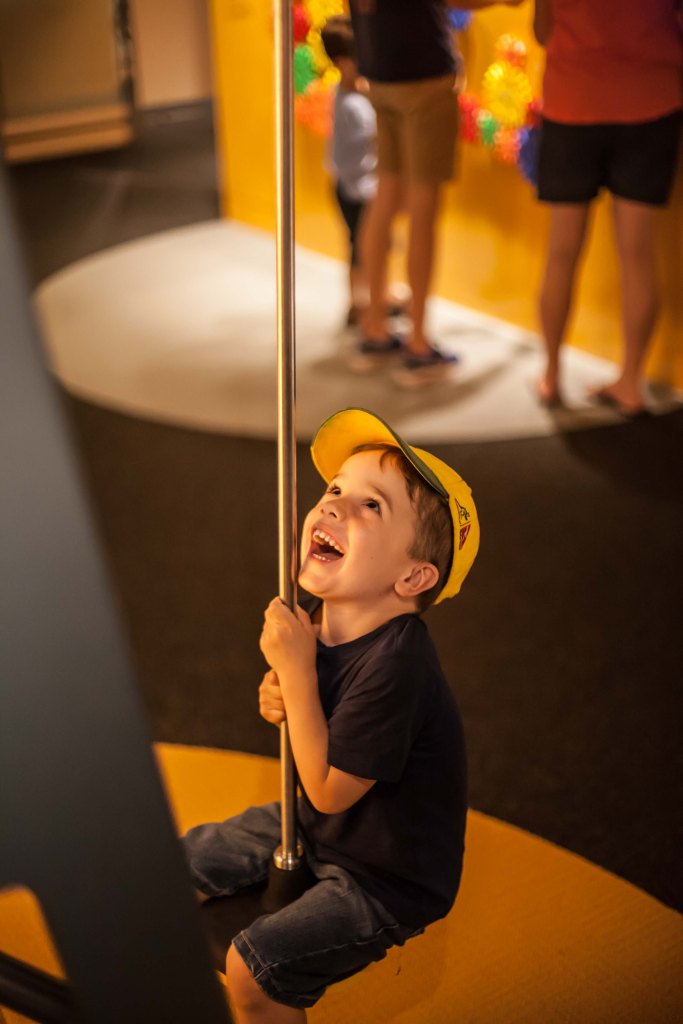



 Pick up the girl, eat a little ice cream & then head back home! A wonderful day & a great opportunity to make some memories for the kids!
Pick up the girl, eat a little ice cream & then head back home! A wonderful day & a great opportunity to make some memories for the kids!









